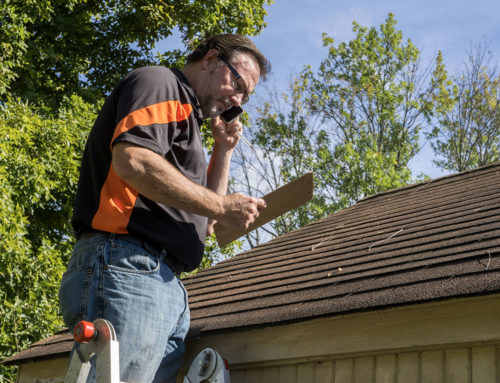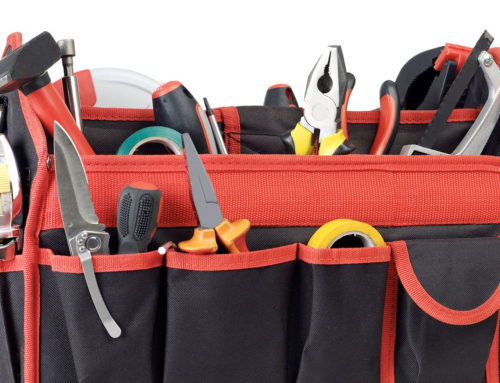
What Are “Ancillary Services”?
In the home inspection world, there are a lot of extra services that inspectors can add to their business. Also known as ancillary services, these add-on inspections focus on a specific function or concern.
Successful home inspection companies (whether single person or multi inspector) offer a “one-stop shop” with services to attract customers and bring in additional revenue. We live in a world of convenience; if we need something done and can make one call to do it all, we typically go that route. For example, I just built a home and anytime there was one company that did everything in-house (electrical, excavation, plumbing, HVAC, foundation, etc.) I went with that company even if they charged a little more because it boils down to time. I didn’t want to waste my time making numerous calls trying to coordinate multiple companies to perform a service when there was an option for one company that does it all. Home inspection clients are no different. Why hire two different inspectors when you can just go with one company that does it all.
The Right Services:
You don’t have to get every certification under the sun. When it comes to getting certified or adding certifications to your business, focus on the ones that are needed in your area. Adding the right services will keep your business competitive as a “one-stop shop” and help you generate more cash per house. If you are inspecting in an area where a lot of the real estate transactions include radon testing and termite inspections, you would be wise to get certified or licensed in those added services. If a homeowner or realtor calls to ask if you can perform those additional services you need to make sure you can, otherwise they’ll go with a company that offers it all.
Added Services = Added Income:
If you can’t perform the extra inspections, the money is going somewhere and that somewhere is another company with all the services. Look at it this way – let’s say you perform 400 home inspections in a year and 80% request a radon test. That’s 320 radon tests at around $125 per test (price varies by location). That comes out to $40K for a service you could provide. That doesn’t include the home inspection fee. For example, an inspector in Wisconsin averaging 400 home inspections a year at $400 per home comes out to $160K a year…PLUS an extra $40K for radon. That’s a total of $200K gross. Throw termites in there as well. If you live in an area with termites, a lot of lenders will require that inspection. If you charged $75 per termite inspection for all 400 inspections, that’s an additional $30K. That means in ancillary services alone, you’d be grossing $70k. Would you like to have the $70k added to your home inspector salary or are you going to let it go to your competition?
Laws and regulations are always changing around ancillary inspections. If you want to stay on top of your competition and be knowledgeable about the topic get certified, even if it’s not required. You’ll have a deeper understanding, be confident in your inspection report, and be able to charge more, simply because you are certified.
In The Field:
Q: Do I need field experience for add-on certifications?
A: Getting actual in the field experience for certifications is helpful, especially for termite or wood destroying organism inspections. Learning the materials is great but a book and a picture is different than seeing it firsthand. For example, a picture will give you an idea of what a termite looks like but to see mud tubes and damage they have caused is an incredible experience to have under your belt you’re in the field inspecting.
NOTE: Regulations for certifications vary by state, please check with your state or contact an AHIT advisor for more information 877-211-7483.
View AHIT Certification Courses




